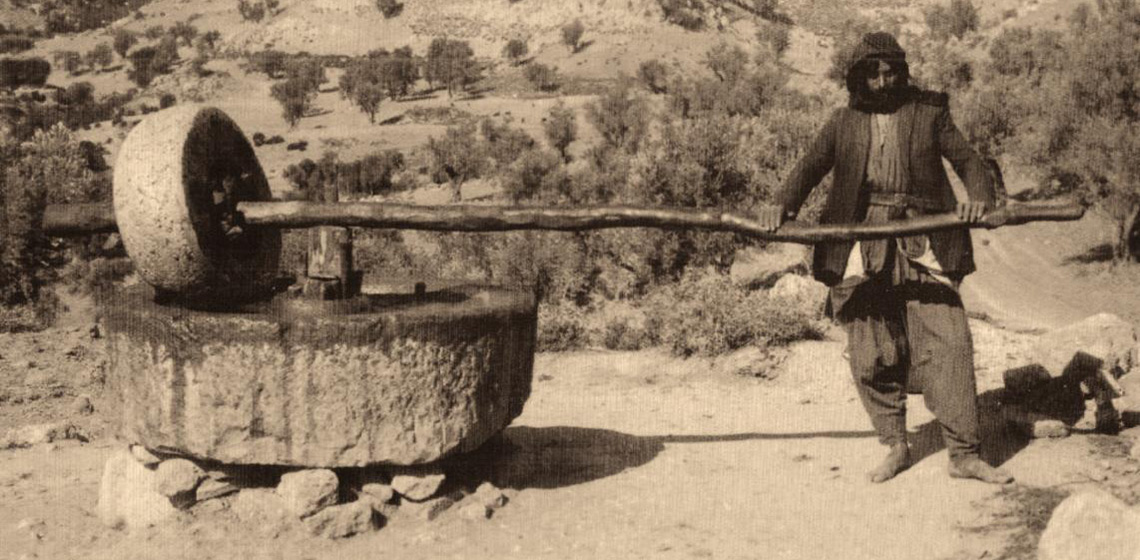Grinnell College is a private liberal arts college in Grinnell, Iowa, founded in 1846. Grinnell is known for its rigorous academics, innovative pedagogy, and commitment to social justice. The student body is approximately 1500 undergraduates.
Department of Anthropology
Grinnell College has a strong anthropology department for a small college, with faculty representing the traditional four fields of American anthropology and offering courses in socio-cultural anthropology, archaeology, linguistics and biological anthropology.
Grinnell’s anthropology major prepares students for graduate school as well as careers domestically and internationally in such fields as museology, regional planning, journalism, business, social services, and more.








